Caregivers: An Act Of Love Not Always Recognized
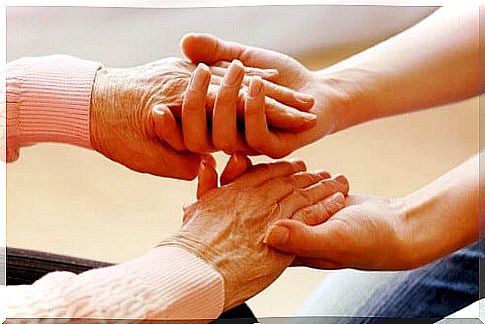
The work of caregivers assisting dependent people is not only one of the greatest acts of love, but it is also an act of justice.
Because even if there are incurable diseases, no one is “incurable”. This is why it is one of the most important actions of society, but also the least recognized by our social organizations.
Each of us has experienced, in one way or another, this familiar dynamic where the care of the addict is under the responsibility of a primary caregiver (usually a woman) who assumes most of the responsibilities.
In a short time, his existence depends on this private, hard and sacrificed context where overloads quickly appear, the feeling of loneliness and disconnection from those around him.
At the present time, there are still major deficiencies in terms of personal service and in the social recognition of caregivers of dependent persons.
It should also be borne in mind that personal services are not only concerned with the care of the elderly or those suffering from dementia, but that they also include people affected by the spinal cord, the mentally ill, cerebral palsy and others. a large, yet invisible, number of rare diseases.
We invite you to dig deeper into this topic.
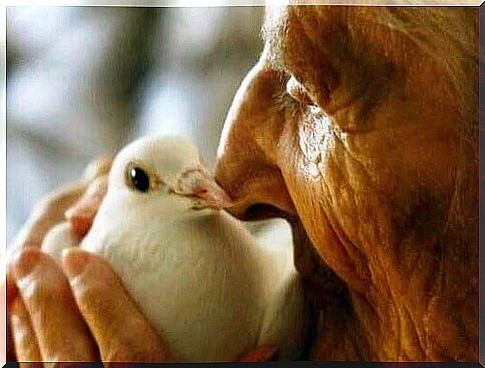
Caregivers and the role of women
The care of a sick, elderly or severely disabled person has traditionally been entrusted to middle-aged women.
Assistance has almost always been “a woman’s affair” and until recently not all of these women received any assistance on how to care for and care for themselves.
Fortunately, these traditional roles are changing and even if the “primary caregiver” is still female to some extent, he now has more important means, such as day centers, residences or assistance. instructors who train caregivers in their task with the dependent patient.
However, it is still very common to see the following health problems among caregivers:
- Greater tendency to suffer from depression, anxiety or a higher level of stress.
- Feeling of frustration, not doing things right or not covering all the needs of the patient.
- Sensation of loneliness.
- Frequent fatigue.
- Muscle aches
- Frequent headaches
- Upset stomach and gastric problems.
- We frequently see a distortion of the perception of our own health, seen as very bad or at least more pessimistic than what medical examinations reveal.
- Stronger tendency to suffer from infections.
- Hypertension
- Diabetes
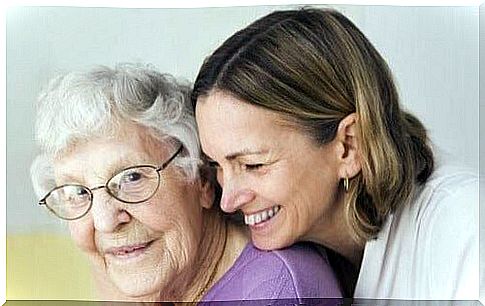
An act of love, an act of justice: strategy for taking care of a patient in a healthy way
Since we now know that a large part of the care reserved for dependent people is carried out in a familiar environment and that this is the responsibility of a primary caregiver who spends a lot of time with the patient, we must also ask ourselves a simple question …
Who will be in charge of “caring for the caregiver”?
It is important to recognize that the caregiver may have to experience situations which very often end up being harmful to their physical and psychological health.
Yet, thanks to the sincere love and absolute dedication between the caregiver and the dependent person, it is quite possible that he is reluctant to take time off, share responsibilities or take care of himself. It all sums up what “caregiver syndrome” would be.
We offer you some strategies that can be useful in these cases.
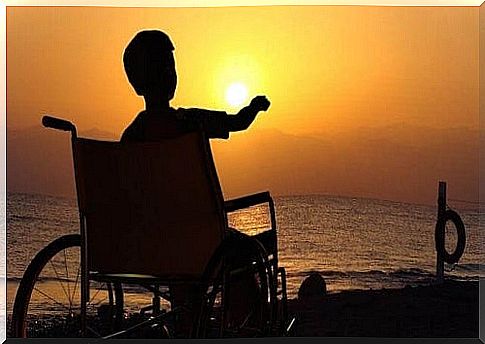
Taking care of yourself so that you can take care of others: some strategies
Not everyone is born with the vocation of “being a caregiver”. It is most often life itself that confronts us with this situation.
Thus, the first step is to receive sufficient advice and information about the illness from which the person around you is suffering, what care they need and how to perform it.
- The second point to take into account is to avoid social isolation. Delegating functions and responsibilities to other members of the entourage and to professionals is good, necessary and healthy.
- We must facilitate the patient’s autonomy as much as possible. Habits like going to the bathroom or eating habits should be encouraged. All this also has repercussions on the self-esteem of the dependent person.
- Pay attention to postures. We all know that caregivers are often forced to lift the weight of the addict. They must have been trained in how these tasks are carried out.
- A good diet and moments of leisure. Eating in a varied, balanced way, avoiding nutritional deficiencies is essential.
So, it is important not to put aside your hobbies, passions and those everyday moments of relaxation which can consist, quite simply, of walking for at least half an hour every day.
- Faculties of communication. Finally, and this is just as important, we must encourage good emotional relief in caregivers, and with that, this communicative faculty that we need to be able to express our fears, our anxieties, which weighs down …
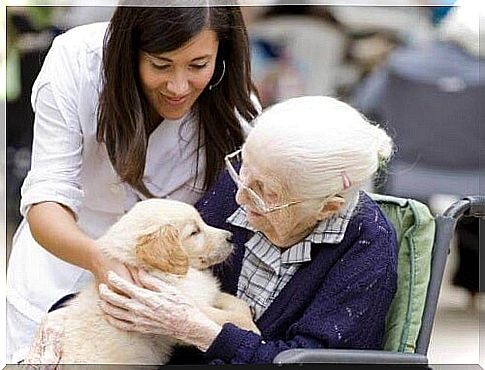
Anonymous caregivers who currently live in the privacy of their homes perform immense work in our society, which is not always recognized by institutions.
However, it is something that is appreciated by families, that ennobles us as individuals, and teaches us that to care is to love and esteem others as a part of ourselves.









